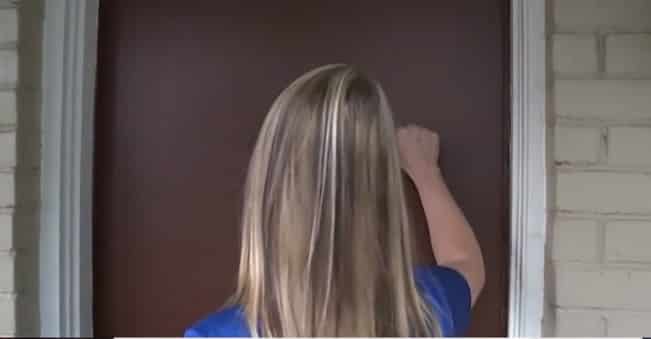“As the world may be in crisis over a pandemic, we are very much fighting an epidemic during a pandemic. It has not gone away.” – Jessica Yeager, peer recovery support specialist
The articles are all over national media these days: how overdoses are running rampant during COVID-19, especially opioid overdoses. And Houston is no different. Dr. James Langabeer estimates a 30 percent increase in 2020 compared to this time last year.
Langabeer, PhD, EdD, FAHA, vice chair and professor of Emergency Medicine at UTHealth and director of Houston Emergency Opioid Engagement System (HEROES), is not really surprised.
 “These kinds of stressors often trigger additional substance use,” he relates. “And there are extreme levels of social isolation. The lack of human connection is contributing to the opioid epidemic right now.”
“These kinds of stressors often trigger additional substance use,” he relates. “And there are extreme levels of social isolation. The lack of human connection is contributing to the opioid epidemic right now.”
Jessica Yeager, peer recovery support specialist with HEROES, agrees. “If you take away all the things we need to stay clean and sober, there’s going to be an increase without a doubt,” she relates. Yeager knows the severity of what’s happening and is also a person in long-term recovery.
“If individuals do not have a strong foundation in recovery, and they are stripped from their routine, their regular meetings, being able to see certain people, mentors, and groups,” she says, “there’s not much to stand on when you’re suffering from the disease of addiction. And your mind tells you to use.”
Yeager says, as a result, they’ve had to ramp up the recovery support team’s communication with clients – more text messages, more follow-ups, more calls, more virtual individual meetings, and more group meetings.
“We’ve had to really think outside the box to provide connection for those in need,” Yeager relates.
Yeager says numbers are drastically increasing in HEROES during COVID-19, in both outreach and community enrollment. One thing has not stopped, despite the pandemic: knocking on doors to recent overdose survivors who were released from the emergency room.
Yeager says there is no way to shut down outreach in person and move to virtual. More deaths would occur, she says, as a result. The team is smaller (one firefighter and one recovery coach), and they work within COVID-19 protocols. They can’t sit for long periods of time with the overdose survivor, get their story, and make that human connection. But there’s still human connection, even with a brief conversation.
“We have to get in front of them,” she relates. “We’ll say, ‘Here’s the information, call us and we’ll get you connected.’ They are absolutely grateful that someone has come all the way to see them, especially during a pandemic.”
by Vicki Powers